
Why do you have bad breath but you can’t smell it?
Having bad breath is embarrassing. If you are chatting with someone enthusiastically, but the other person frowns and retreats, it will ruin the atmosphere.
1. Smell your saliva
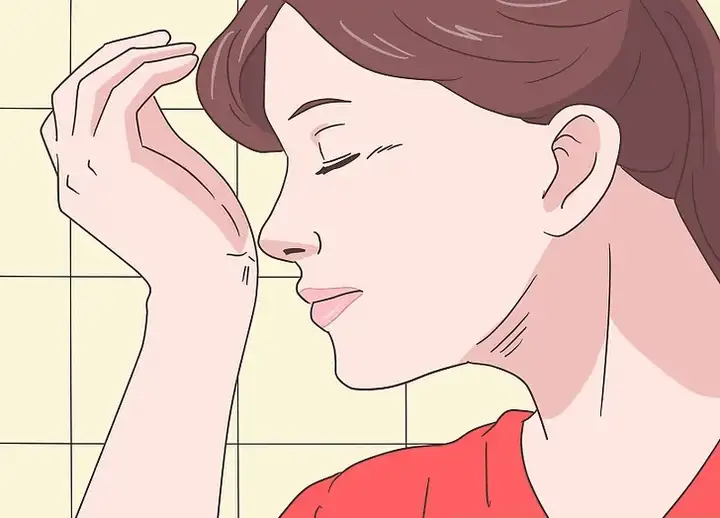
Lick the inside of your wrist with your tongue. Wait for 5 to 10 seconds until the saliva is completely dry. Smell the area you just licked. If there is an odor, you may have bad breath.
2. Smell the back of your tongue
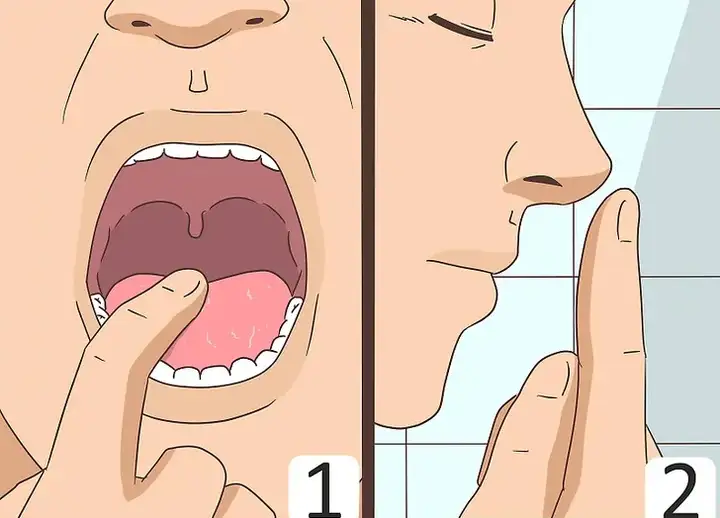
After washing your hands, use your finger to gently scrape the back of your tongue and then smell it. This method is more accurate than the previous one.
3. Smell your breath
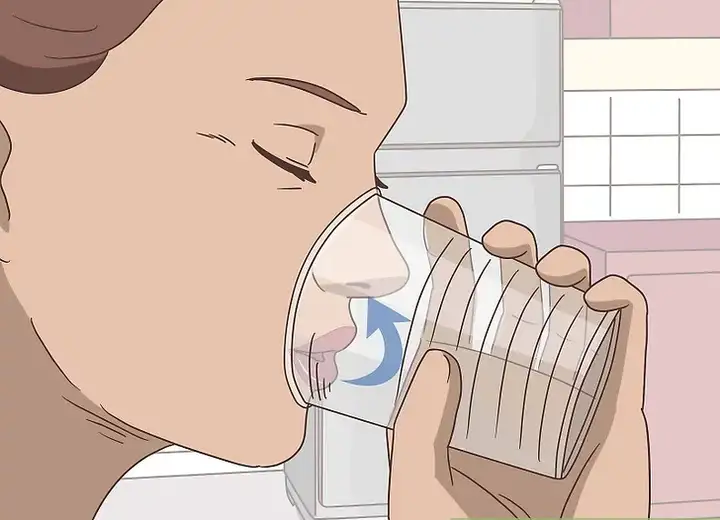
Take a quick cup or plastic bag and breathe into it for a few seconds. If there is a strange smell, it means you may have bad breath. You can also blow directly into the palm of your hand.
But be careful not to do the test right after brushing your teeth, using mouthwash or other oral cleaning tools, as the results may not be accurate; and do not do it in public.
If you have good oral hygiene habits—brushing your teeth morning and night, flossing daily, and taking care to clean your tongue—but your mouth still tastes bad, then you need to look for the cause in your daily diet.
Foods that cause bad breath
Garlic and onions. If we were to say what the biggest culprits are for bad breath, these two foods would definitely be the ones, because the bad-smelling sulfides in garlic and onions will stay in the mouth and be absorbed by the blood, and then be released with the exhaled breath.
Coffee and alcohol. Coffee and alcohol provide a good environment for oral bacteria to grow; they also cause a dry mouth, which means less saliva is produced, so bad-smelling bacteria stay in your mouth longer.
Other foods that can also cause bad breath include dairy products, meat-based diets, orange juice, carbonated drinks , etc. If you eat/drink these foods, remember to rinse your mouth in time and don’t let them affect your fresh breath.
Foods that help improve bad breath
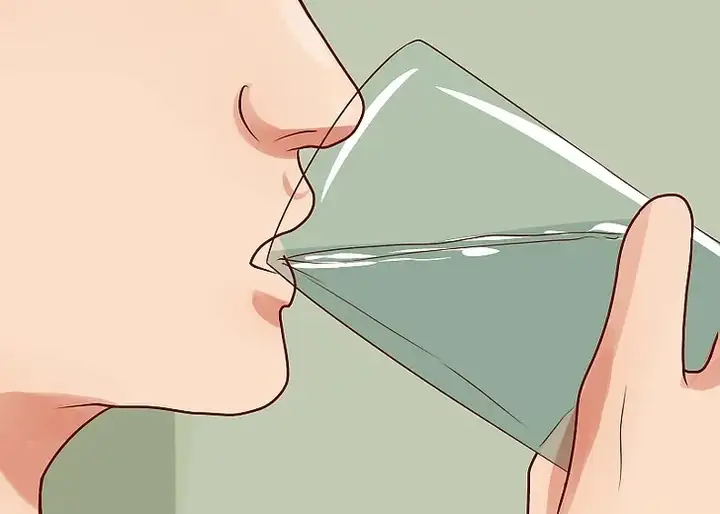
Water. This colorless and odorless liquid can carry away food bacteria that grow in the mouth; drinking more water can also promote saliva secretion, and the continuous secretion of saliva can help kill bacteria and dissolve odorous substances in food.
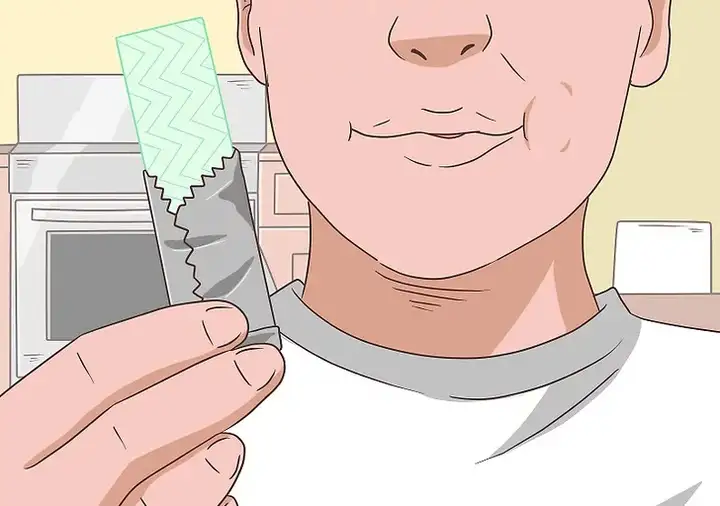
Sugar-free chewing gum. Chewing gum can reduce the adhesion of food and dead cells left on teeth, gums and tongue, and can also stimulate saliva secretion. In particular, chewing gum containing xylitol can effectively help kill bacteria. If you want to make the effect better, you can chew xylitol chewing gum for at least five minutes after a meal.
Fruits and vegetables. Foods rich in vitamin C (such as red bell peppers and broccoli) make the oral environment unsuitable for bacteria. If you can eat fruits and vegetables raw, it will not only moisten your mouth, but also remove food residues attached to your teeth or stuck in the gaps between your teeth, which will have a better effect on improving your breath.
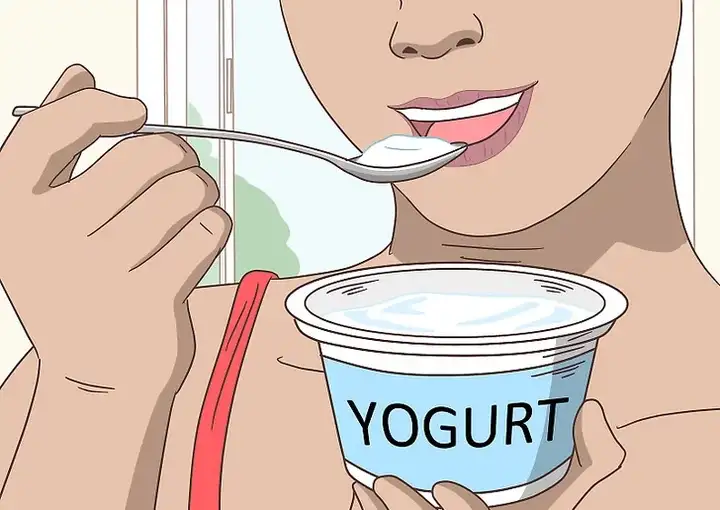
Yogurt. Japanese researchers found that consuming 3 ounces of unsweetened yogurt containing probiotics every two days for 6 weeks can effectively improve bad breath. Recommends that you pay attention to drinking more unsweetened yogurt containing streptococci and lactobacilli.
Herbs and spices. Studies have found that chlorophyll in parsley can reduce bad breath. Spices such as cloves, star anise, and fennel seeds can also improve breath.
Causes of bad breath
1. Oral Diseases
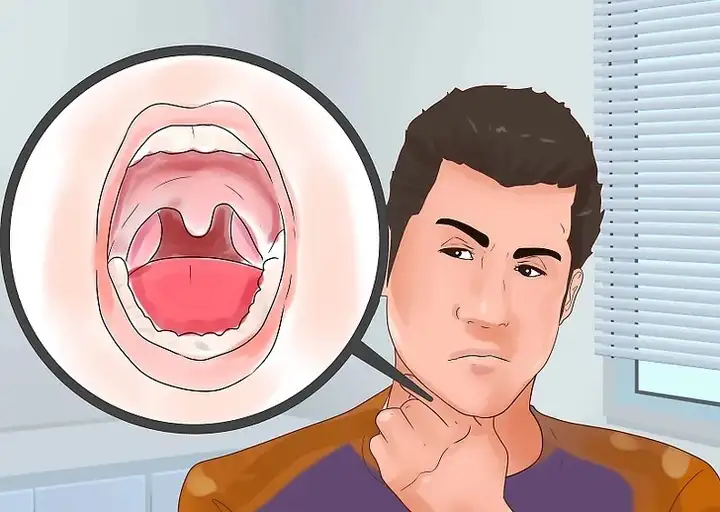
In fact, most bad breath has little to do with the food you eat, but is mainly caused by oral bacteria, especially those with oral diseases (such as caries, periodontitis, etc.), which are prone to breeding bacteria in the mouth. These bacteria feed on dead cells and food residues and produce sulfides that smell like rotten eggs.
2. Diabetes
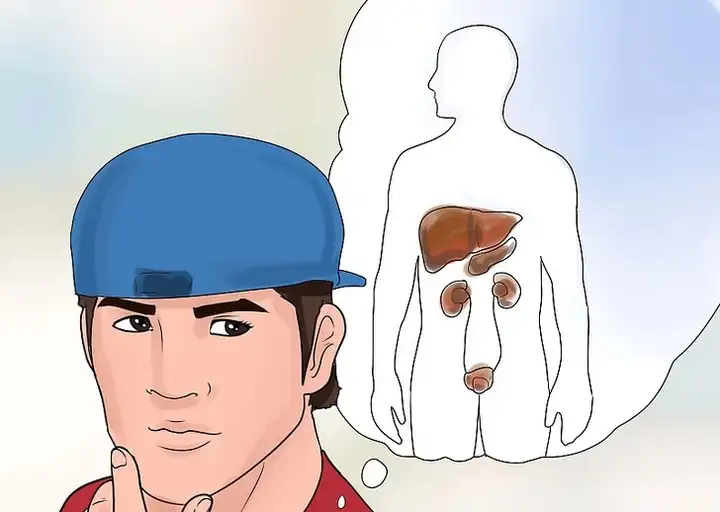
Under the condition of persistent high blood sugar, capillary blockage is likely to occur, the resistance of human gum tissue will be reduced, insufficient oxygen supply to oral tissue will promote the proliferation of bacteria, especially anaerobic bacteria, leading to periodontal infection, which will not only cause bad breath, but also ulcers, inflammation and other oral diseases.
3. Upper respiratory tract diseases
Rhinitis, sinusitis, tonsillitis, pharyngitis and other upper respiratory tract diseases will secrete a large amount of protein-containing mucus, which will flow into the oropharynx and the protein will be decomposed, which will produce a corrupt smell. Flushing the nasal cavity with saline can help relieve the odor.
4 Nervousness
When people face greater psychological pressure, saliva secretion will decrease, and the dry mouth will soon produce bad smell, so people who have just given a long speech often have a stronger smell in their mouth.
Tips to Say Goodbye to Bad Breath
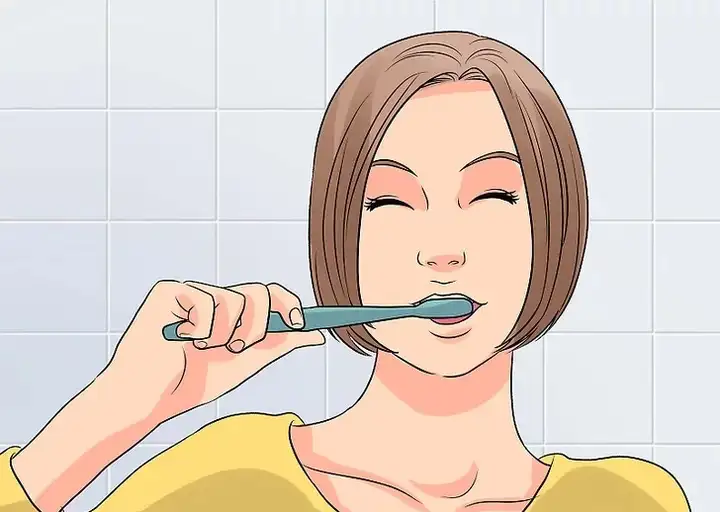
For bad breath caused by disease, treatment should be targeted at the cause. However, if bad breath is caused by lifestyle habits, the following methods can be used to prevent it:
Clean your teeth and tongue at least twice a day with a fluoride toothpaste
Floss daily
Eat healthier and reduce snacking between meals
Replace your toothbrush every 2 to 3 months. If the brush head is worn, replace it immediately.
Regular dental check-ups and cleanings
Do not Smoke.


2 thoughts on “Why do you have bad breath but you can’t smell it?”